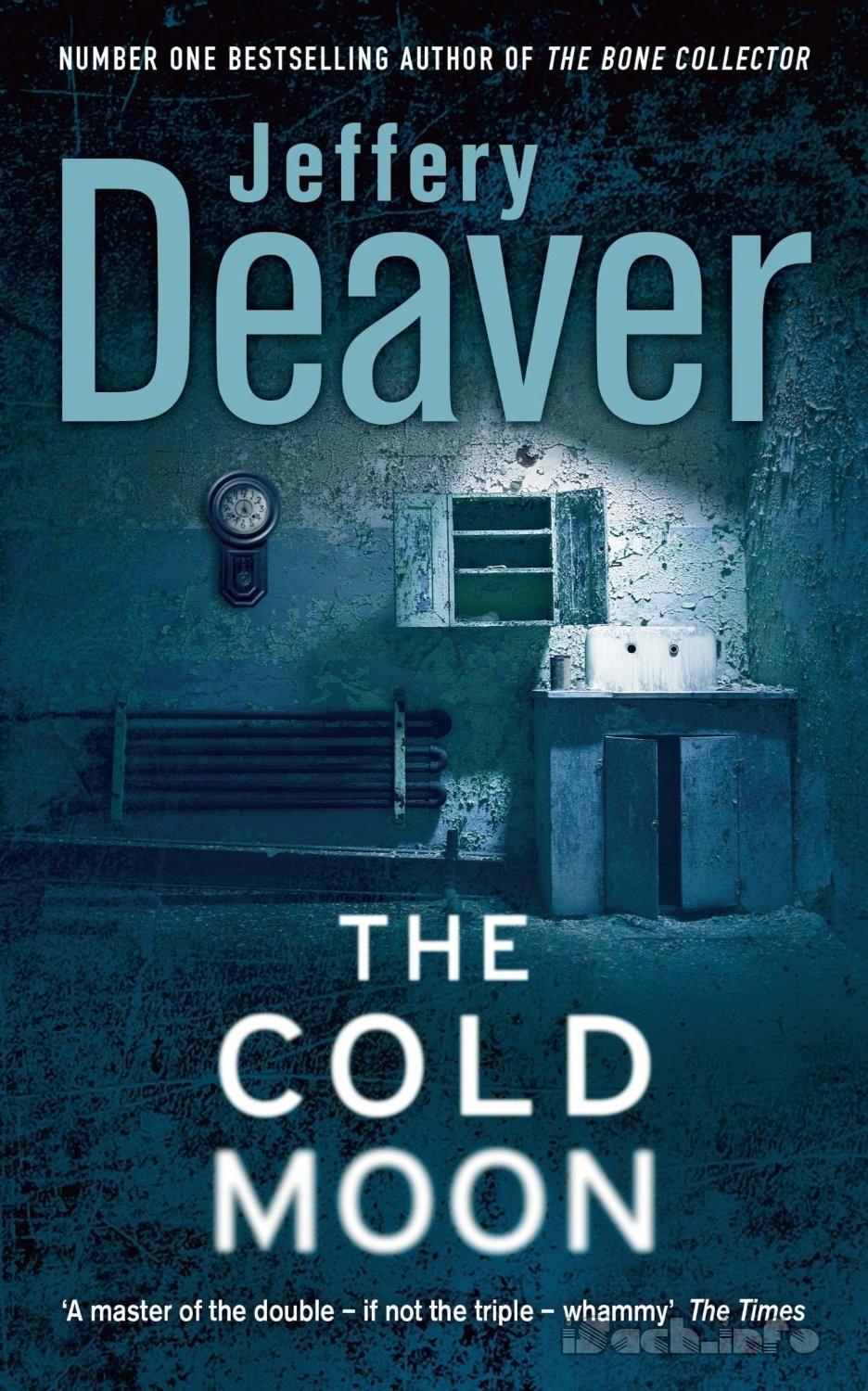Chapter 30
S
itting in her cubicle, Sarah Stanton heard another squawk over the building's public address system above her head.It was a running joke in the office that the company put some kind of filter on the speakers that made the transmissions completely unintelligible. She turned back to her computer, calling, "What're they saying? I can't make heads or tails of it."
"Some announcement," one of her coworkers called.
Duh.
"They keep doing that. Pisses me off. Is it a fire drill?"
"No idea."
A moment later she heard the whoop of the fire alarm.
Guess it is.
After 9/11 the alarm had gone off every month or so. The first couple times she'd played along and trooped downstairs like everybody else. But today the temperature was in the low twenties and she had way too much work to do. Besides, if it really was a fire and the exits were blocked she could just jump out the window. Her office was only on the second floor.
She returned to her screen.
But then Sarah heard voices at the far end of the corridor that led to her cubicle. There was an urgency about the sound. And something else — the jangling of metal. Firemen's equipment? she wondered.
Maybe something really was happening.
Heavy footsteps behind her, approaching. She turned around and saw policemen in dark outfits, with guns. Police? Oh, God, was it a terrorist attack? All she thought about was getting to her son's school, picking him up.
"We're evacuating the building," the cop announced.
"Is it terrorists?" somebody called. "Has there been another attack?"
"No." He didn't explain further. "Everybody move out in an orderly fashion. Take your coats, leave everything else."
Sarah relaxed. She wouldn't have to worry about her son.
Another of the officers called, "We're looking for fire extinguishers. Are there any in this area? Don't touch them. Just let us know. I repeat, do not touch them!"
So there is a fire, she thought, pulling on her coat.
Then she reflected that it was curious that the fire department would use the company's extinguishers on a fire. Didn't they have their own? And why should they be so concerned that we'd use one? Not like you need special training.
I repeat, do not touch them!...
The policeman looked into an office near Sarah's workstation.
"Oh, Officer? You want an extinguisher?" she asked. "I've got one right here."
And she pulled the heavy red cylinder off the floor.
"No!" cried the man and he leaped toward her.
o O o
Sachs winced as the transmission crackled loudly through her earpiece.
"Fire and containment team, second floor, southeast corner office. K. Lanam Flooring and Interiors. Now! Move, move, move!"
A dozen firefighters and officers from the bomb squad shouldered their equipment and sprinted fast toward the rear door.
"Status?" Haumann shouted into his microphone.
All they could hear were harried voices over the raw howl of the fire alarm.
"Do you have detonation?" the head of ESU repeated urgently.
"I don't see smoke," Pulaski said.
Dennis Baker stared up at the second floor. He shook his head.
"If it's alcohol," one of the fire chiefs said, "there won't be smoke until the secondary materials ignite." He added evenly, "Or her hair and skin."
Sachs continued to scan the windows, clenching her fists. Was the woman dying in agony now? With police officers or firemen alongside her?
"Come on," Baker whispered.
Then a voice clattered through the radio: "We've got the device... We've... Yeah, we've got it. It didn't detonate."
Sachs closed her eyes.
"Thank God," Baker said.
People were streaming out of the office building now, under the gaze of ESU and patrol officers who were looking for Duncan, comparing the composite pictures with the faces of the workers.
An officer led a woman up to Sachs, Baker and Pulaski, just as Sellitto joined them.
The potential victim, Sarah Stanton, explained that she'd found a fire extinguisher under her desk; it hadn't been there earlier and she hadn't seen who'd left it. Somebody in the office remembered seeing a workman in a uniform nearby but couldn't remember details and didn't recognize the composite or recall where he'd gone.
"Status of the device?" Haumann called.
An officer radioed, "Didn't see a timer but the pressure gauge on the top was blank. That could be the detonator. And I can smell alcohol. Bomb squad's got it in a containment vessel. They're taking it up to Rodman's Neck. We're still sweeping for the perp."
"Any sign of him?" Baker asked.
"Negative. There're two fire stairwells and the elevators. He could've gotten out that way. And we've got four or five other companies on that floor. He might've gotten into one of them. We'll search 'em in a minute or two, as soon as we get an all-clear for devices."
Ten minutes later officers reported that there were no other bombs in the building.
Sachs interviewed Sarah, then called Rhyme and told him the status of the case so far. The woman didn't know the other victims and had never heard of Gerald Duncan. She was very upset that the man's wife might've been killed outside her apartment, though she remembered nothing of any fatal accidents in the area.
Finally Haumann told them that all of his officers had finished the sweep; the Watchmaker had escaped.
"Hell," Dennis Baker muttered. "We were so close."
Discouraged, Rhyme said, "Well, walk the grid and tell me what you find."
They signed off. Haumann sent two teams to stake out the warehouse that Duncan had used as a staging site in case the killer returned there and Sachs dressed in the white Tyvek bodysuit and grabbed a metal suitcase containing basic evidence collection and preservation equipment.
"I'll help," Pulaski said, also dressing in the white overalls.
She handed him the suitcase and she picked up another one.
On the second floor, she paused and surveyed the hallway. After photographing it Sachs entered Lanam Flooring and proceeded to Sarah Stanton's workstation.
She and Pulaski set up the suitcases and extracted the basic evidence collection equipment: bags, tubes, swabs, adhesive rollers for trace, electrostatic footprint sheets and latent-print chemicals and equipment.
"What can I do?" Pulaski asked. "You want me to search the stairwells?"
She debated. They'd have to be searched eventually but she decided that it would be better to run them herself; they were the most logical entry and exit routes for the Watchmaker and she wanted to make certain that no evidence was missed. Sachs surveyed the layout of Sarah's cubicle and then noticed an empty workstation next to it. It was possible that the Watchmaker had waited there until he had a chance to plant the bomb. Sachs told the rookie, "Run that cubicle."
"You got it." He stepped into the cubicle, pulled out his flashlight and began walking a perfect grid. She caught him sniffing the air too, another of Lincoln Rhyme's dictates for crime scene officers searching. This boy was going to go places, she reflected.
Sachs stepped into the cubicle where they'd found the device. She heard a noise and glanced back. It was only Dennis Baker. He came up the corridor and stopped about twenty feet from the cubicles, far enough away so there was no risk of contaminating the scene.
She wasn't sure exactly why he was here but, since they still weren't sure where the Watchmaker was, she was grateful for his presence.
Search well but watch your back...
o O o
This was the difference:
Detective Dennis Baker — along with a cop from the 118th — had murdered Benjamin Creeley and Frank Sarkowski. It had been tough but they'd done it without hesitation. And he was prepared to kill any other civilians who threatened their extortion scheme. No problem at all. Five million dollars in cash — their haul to date — buries a lot of guilt.
But Baker had never killed a fellow cop.
Frowning, fidgeting, he was watching Amelia Sachs and the kid, Pulaski, who also presented an easy target.
A big difference.
This was killing family members, fellow officers.
But the sad truth was that Sachs and, by association, Pulaski, could destroy his life.
And so there was no debate.
He now studied the scene. Yes, Duncan had it planned perfectly. There was the window. He glanced out. The alley, fifteen feet below, was deserted. And next to him was the gray metal chair the killer had told him about, the one he'd pitch through the window after killing the officers. There was the large air-conditioning intake vent, whose grate he'd remove after the shots, to make it appear that the Watchmaker had been hiding inside.
A deep breath.
Okay, it's time. He had to act fast, before anyone else came onto the scene. Amelia Sachs had sent the other officers into the main hallway but someone could return here at any minute.
He took the.32 and quietly pulled back the slide to make certain a bullet was in the chamber. Holding the gun behind his back, he eased closer. He was staring at Sachs, who moved around the crime scene almost like a dancer. Precise, fluid, lost in concentration, as she searched. It was beautiful to watch.
Baker tore himself out of this reverie.
Who first? he debated.
Pulaski was ten feet from him, Sachs twenty, both facing away.
Logically, Pulaski should be the first one, being closer. But Baker had learned from Lincoln Rhyme about Sachs's skill as a marksman. She could draw and fire in seconds. The kid had probably never even fired his weapon in combat. He might get his hand on his pistol after Baker killed Sachs, but the rookie would die before he could draw.
A few breaths.
Amelia Sachs unwittingly cooperated. She stood up from where she'd been crouching. Her back presented a perfect target. Baker pointed his gun high on her spine and squeezed the trigger.



 ePub
ePub A4
A4